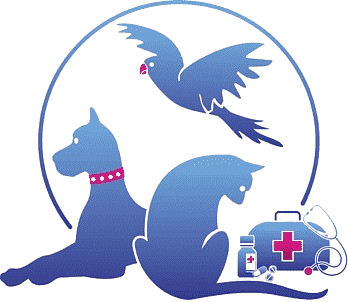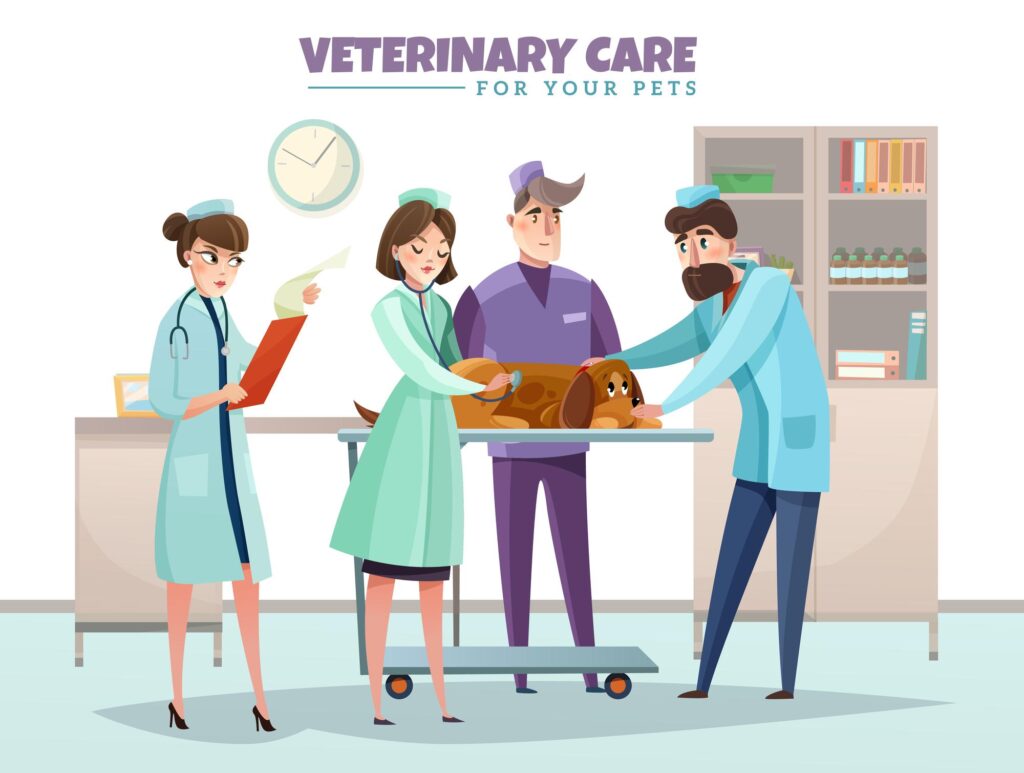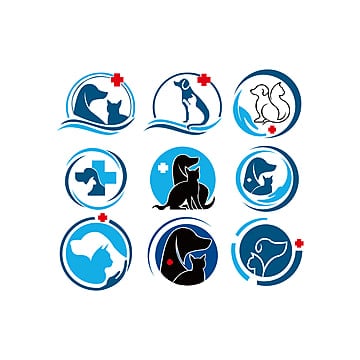Veterinary Science
Veterinary science is concerned with animal health and welfare. First, it addresses the diagnosis and management of ailments in animals, thereby improving their health. Furthermore, veterinarians are critical in preventing the spread of zoonotic diseases, protecting both humans and animals. In addition, veterinary science covers a wide range of topics, like as anatomy, physiology, and pharmacology. As a result, experts are equipped to handle a wide range of medical difficulties in animals. Furthermore, by ensuring the health of livestock, veterinary science increases agricultural output. Meanwhile, veterinarians help to conserve animals and endangered species. On the other hand, regular practitioners tend to focus on companion animals and pets.

Frequently Asked Questions.
1. How do I choose the right specialization for me?
To begin with, choosing the right specialization involves evaluating your interests and career goals. For example, if you are passionate about pets, then a focus on Small Animal Medicine might be suitable. Conversely, if you are interested in working with farm animals, then Large Animal Medicine could be a better fit.
2. What are the career prospects for each specialization?
For instance, Small Animal Medicine often has a high demand due to the growing number of pet owners. On the other hand, Large Animal Medicine may offer opportunities in rural areas or large veterinary practices. Additionally, specializations like Emergency and Critical Care can lead to roles in specialized veterinary hospitals.
3. How can I gain experience in a specific specialization during my studies?
Firstly, seeking internships or externships related to your area of interest can provide practical experience. Additionally, volunteering at clinics or research labs specializing in your chosen field is highly beneficial. Furthermore, participating in relevant student organizations or professional groups can offer networking opportunities and additional insights.
4. How does specialization affect job satisfaction and work-life balance?
On one hand, specialized roles may offer greater job satisfaction due to focused expertise and interest. On the other hand, certain specializations, like Emergency and Critical Care, might involve irregular hours and high stress. However, balancing work with personal life can be managed through effective time management and support systems within your workplace.
5. What should I consider when applying for jobs in a specialized field?
Firstly, consider the location and type of practice you wish to work in. Secondly, research the job requirements and ensure you meet them. Additionally, be prepared to demonstrate your experience and passion for the specialization during the application and interview process.
Veterinary Science Career Opportunities
Veterinary science offers a wide range of professional prospects, including clinical practice, research, and public health. As the demand for animal healthcare grows, veterinarians can specialize in fields such as surgery, wildlife medicine, and animal nutrition. Furthermore, professions in veterinary pharmaceuticals and diagnostic laboratories offer further opportunities for advancement. In addition, government entities frequently recruit veterinarians for positions in disease prevention and food safety. While private practice is prevalent, many experts seek university posts to train the next generation of veterans. Overall, veterinary science provides both variety and security, making it a rewarding professional path.
*. Veterinary science offers a diverse range of career opportunities in both government and private sectors.
*. Graduates can work as veterinarians in animal hospitals, clinics, and private practices.
*. Opportunities are available in research and development in animal health, nutrition, and breeding.
*. Veterinary officers and inspectors play key roles in government departments ensuring animal welfare.
*. Careers in wildlife conservation and working with zoos and animal sanctuaries are popular.
*. Veterinary professionals can work in pharmaceuticals and animal feed industries.
*. Teaching and academic roles are available in veterinary colleges and universities.
*. Veterinarians can work in diagnostic laboratories for animal diseases.
*. Jobs in the military or police forces include veterinary roles to care for service animals.

Veterinary Science Specializations
Veterinary Science offers various specializations, allowing veterinarians to focus on specific areas of animal health and care. Here are some of the primary specializations:
- Small Animal Medicine: Focuses on the diagnosis and treatment of diseases in pets like dogs and cats.
- Large Animal Medicine: Deals with the health and treatment of larger animals such as horses, cattle, and pigs.
- Surgery: Involves performing surgical procedures on animals, including both soft tissue and orthopedic surgeries.
- Emergency and Critical Care: Specializes in the treatment of urgent and life-threatening conditions in animals.
- Internal Medicine: Concentrates on diagnosing and treating complex diseases affecting internal organs.
- Dermatology: Focuses on skin conditions and diseases affecting animals.
- Ophthalmology: Deals with eye conditions and diseases in animals.
- Neurology: Specializes in disorders of the nervous system, including brain, spinal cord, and peripheral nerve issues.
- Oncology: Focuses on diagnosing and treating cancer in animals.
- Anesthesia: Specializes in pain management and anesthesia during procedures.
- Reproduction: Deals with breeding, reproductive health, and management of reproductive disorders.
- Pathology: Involves studying disease causes and effects through lab analysis of tissues and fluids.
- Public Health: Focuses on preventing and controlling diseases that can be transmitted between animals and humans (zoonoses).
- Animal Behavior: Deals with understanding and modifying animal behavior issues.
- Exotic Animal Medicine: Specializes in the care and treatment of non-traditional pets, such as reptiles, birds, and small mammals.
- Veterinary Radiology: Uses imaging techniques like X-rays, ultrasound, and MRI to diagnose diseases and injuries.
- Veterinary Dentistry: Focuses on dental care and treatment of oral health issues in animals.
Veterinary Science Overview
Veterinary science, which is critical for animal health and welfare, covers a wide range of fields, from clinical practice to research. Initially, this profession is concerned with detecting, treating, and preventing diseases in animals. Furthermore, by inspecting animal products, veterinary practitioners contribute significantly to food safety and public health. Furthermore, breakthroughs in veterinary science constantly improve diagnostic techniques and treatment alternatives. As a result, veterinarians make substantial contributions to the overall health of both animals and humans. Finally, this multidisciplinary area combines medicine, biology, and public health, emphasizing its critical significance in society.



